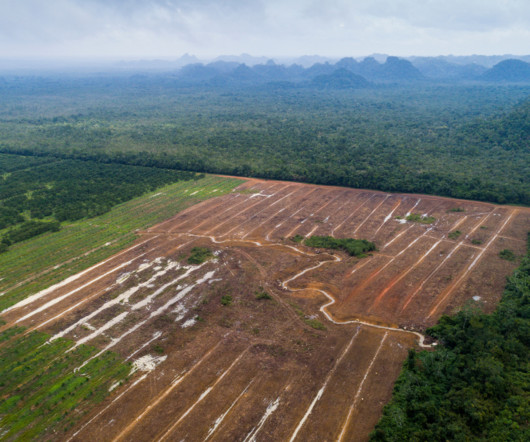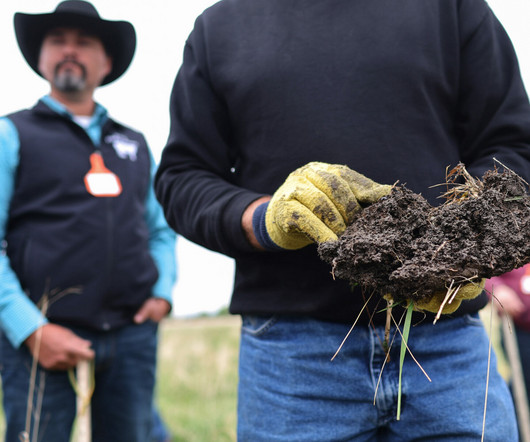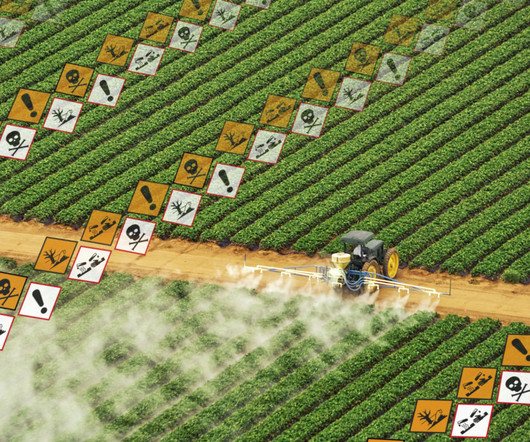Op-Ed | Why the World’s Food Systems Need to Transition Away from Industrial Agriculture
Food Tank
DECEMBER 1, 2023
Current food systems are responsible for one-third of global greenhouse gas emissions and for nearly 80 percent of biodiversity loss. Today, this model of industrial agriculture is no longer fit for purpose. Moreover, they contribute to forest destruction, the displacement of communities, water pollution and soil degradation.












Let's personalize your content